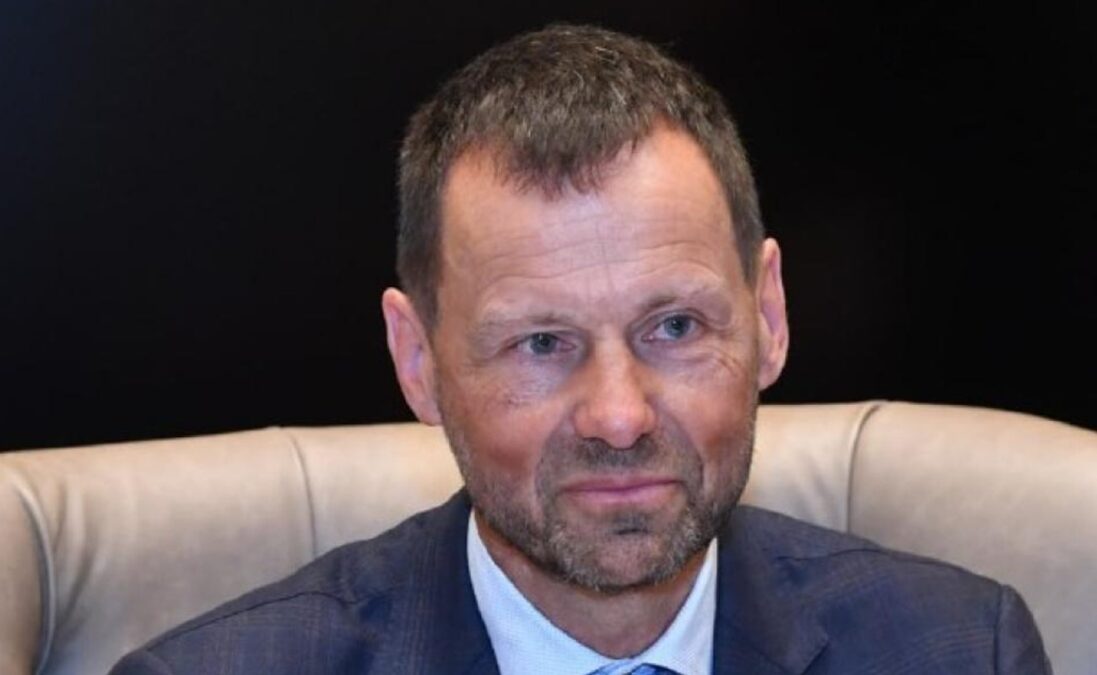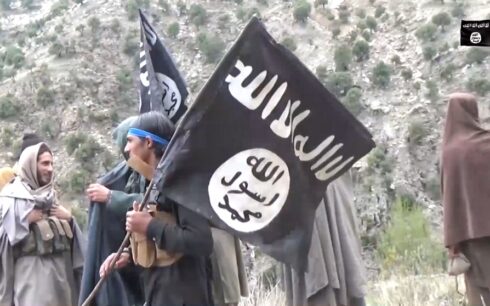The European Union’s Special Envoy for Afghanistan, Tomas Niklasson, expressed deep concern over the Taliban’s failure to provide an explanation for the ban on female medical students or outline plans to address its consequences.
“No one was able to give us an explanation for why this directive was issued or how the potentially catastrophic consequences for women’s and children’s health would be mitigated,” Niklasson said in a statement following his five-day visit to Kabul.
Niklasson noted that Taliban officials did not indicate any concrete plans to reverse the ban on women’s access to secondary schools and universities, which has been in place for three years.
“I remain deeply troubled by the humanitarian, political, human rights, and economic situation, and the overall direction the country seems to be heading, particularly as a result of recent decrees and directives,” he said.
Despite his concerns, Niklasson emphasized the importance of engagement with Afghanistan. “I still believe in engagement rather than closing doors and hope that we can find ways of including more and different voices from Afghan youth and experts in discussions about the country’s future,” he said.
Broader challenges facing Afghanistan
Niklasson also highlighted the economic struggles of Afghan farmers following the Taliban’s 2022 opium ban, noting that while the price of raw opium has surged, no viable alternatives for income have been provided.
“Many farmers will not find an alternative crop that can provide sufficient, predictable income to sustain their families. Men and women in affected communities will need access to education and training to prepare them for jobs outside the agricultural sector,” he said.
Regional security concerns
The envoy also raised alarm over regional security risks stemming from Afghanistan, citing concerns expressed by neighboring countries about the “presence and cross-border activities of terrorist groups operating from inside the country.” These activities, Niklasson warned, continue to pose significant threats to stability across the region.
During meetings with Taliban authorities, international NGOs, private sector representatives, the UN, and Afghan women, Niklasson condemned the Taliban’s Propagation of Virtue and Prevention of Vice (PVPV) law, introduced in August.
“Many Afghans described how this law is further complicating the work of companies and organizations, with its most severe impact on women’s ability to move, work, access services, and provide for their families,” he said.
Niklasson stressed that the law has increased costs for EU implementing partners delivering aid and has further restricted operational space for humanitarian organizations. “The challenges posed by this law are directly undermining efforts to support the people of Afghanistan,” he said.
Niklasson concluded by urging the Taliban to reconsider policies that have exacerbated the country’s crises and by stressing the EU’s commitment to finding sustainable solutions for Afghanistan’s pressing challenges.





